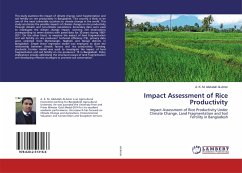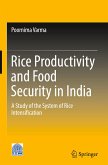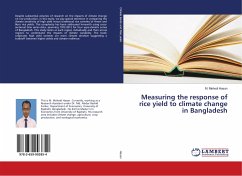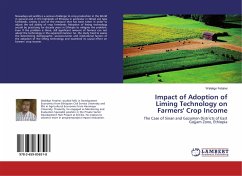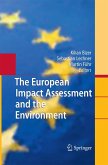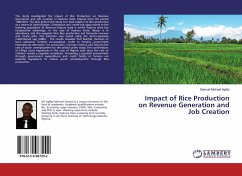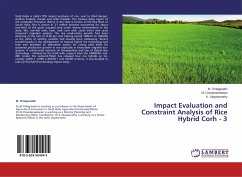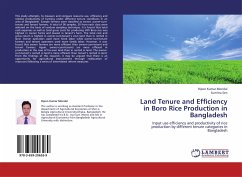This study examines the impact of climate change, land fragmentation and soil fertility on rice productivity in Bangladesh. This country is likely to be one of the most vulnerable countries to climate change in the world. This study scrutinizes the possible impacts of climate change on rice productivity through climatic and non-climatic parameters. Secondary data were used to investigate the climate change impact, covering 210 observations corresponding to seven districts with panel data for 30 years during 1982-2011. On the other hand, to measure the impact of land fragmentation and soil fertility on rice producers' technical efficiency (TE), primary data were collected from Mymensingh, Rajshahi and Barisal districts in Bangladesh. Simple linear regression model was employed to draw the relationship between climatic factors and rice productivity. Translog stochastic frontier model was used to investigate the impact of land fragmentation and soil fertility on rice producers' TE in Bangladesh. Policy implications include addressing the structural causes of land fragmentation and developing effective strategies to promote soil conservation.
Bitte wählen Sie Ihr Anliegen aus.
Rechnungen
Retourenschein anfordern
Bestellstatus
Storno

